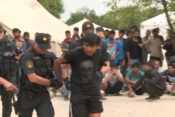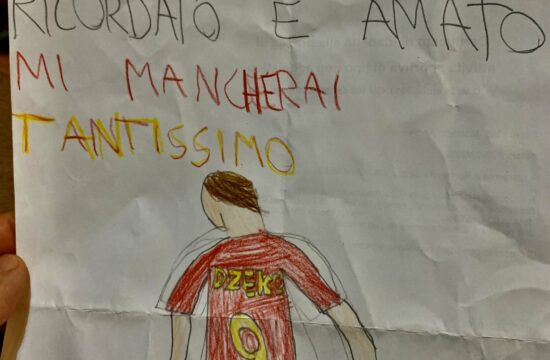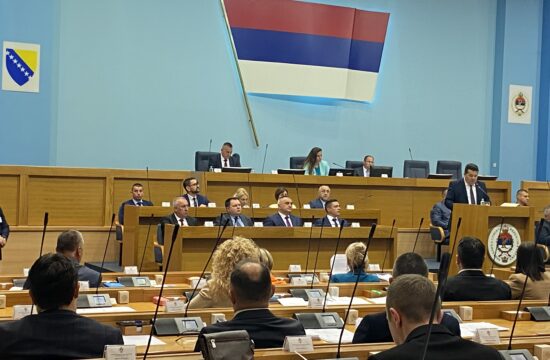
The situation with the 700 migrants displaced from the Northern-Bosnian town of Bihac to a near-by location called Vucjak, is under control and the Red Cross organisation is successfully coping with the new conditions, but migrants and locals warn of hazardous conditions.
“The Vucjak location was approved by the Bihac City Council and the Red Cross organisation took over the care for the migrants, at the Bihac Mayor Suhret Fazlic's request,” the Red Cross Secretary Selam Midzic told Anadolu News Agency, adding they expect the sanitary infrastructure to be laid down in the following days.
The said migrants were relocated from Bihac and the nearby town of Velika Kladusa, both of which are near the Croatian border, because large groups of Afghan and Pakistani migrants were becoming increasingly violent and clashed often in the streets of these two towns.
The migrants themselves are dissatisfied with the situation in the new location and its distance from the city where they say they must go to buy everyday necessities and food because the food they receive in the migrant centre is often insufficient.
“I've been here for two days and two nights. I saw people sleeping out in the open. There's no toilet here and there's not enough food. I tried to cross the border to Croatia many times but the Croatian police caught me every time, they beat me and took all my money and cellphone,” a migrant called Muhamad Selman from Pakistan said, adding that now they need three hours to get to the border to Croatia.
Another migrant who introduced himself as Jamshad, also from Pakistan, confirmed that conditions here are unbearable, and that inability to go to Bihac is what bothers them the most.
The migrants currently residing in the Vucjak camp, several kilometres from Bihac, also say that the International Organisation for Migrations is not helping them there, adding that some are even considering returning to their countries of origin, despite the conditions there.
“The police told us we can't go back to Sarajevo, and they brought us here. I want to go back to Greece and then to Syria because I can't cross the border and go to the EU to live a better life,” Suleiman from Syria said.
As for the locals from the Vucjak village, they say they had no problem with the migrants so far, and say they are peaceful and do not bother them. They too pointed out that the area is not good because it used to be a waste dump. The dump is now closed and covered with ground and vegetation, but it still remains a health hazard.
Bosnia's North-Western Una-Sana Canton has been especially interesting to migrants, entering the country from the direction of Serbia and Montenegro, because it is closest to the border with the EU.
Last year, 25,000 migrants entered the country and competent authorities estimate that there are around 9,000 of them in the country right now.
Migrants started flocking to Bosnia after Bulgaria and Hungary imposed strict border controls and stopped migrants from entering their country, effectively blocking the migrants’ “Balkan route.”
They have no wish of staying in Bosnia or eastern EU member states, though, but want to continue their path to Western EU states like Germany, France and Austria, hoping to find a better life.
Of the 9,000 migrants residing in the country, authorities say only about 8 percent are refugees, the rest being economic migrants.
Despite the UN's opposition to the location Vucjak, the authorities decided to move the migrants away from urban areas because they said they are a security risk which requires such measures.
Police authorities said they are now banning migrants from entering the centre of Bihac and are returning them back to Vucjak.





